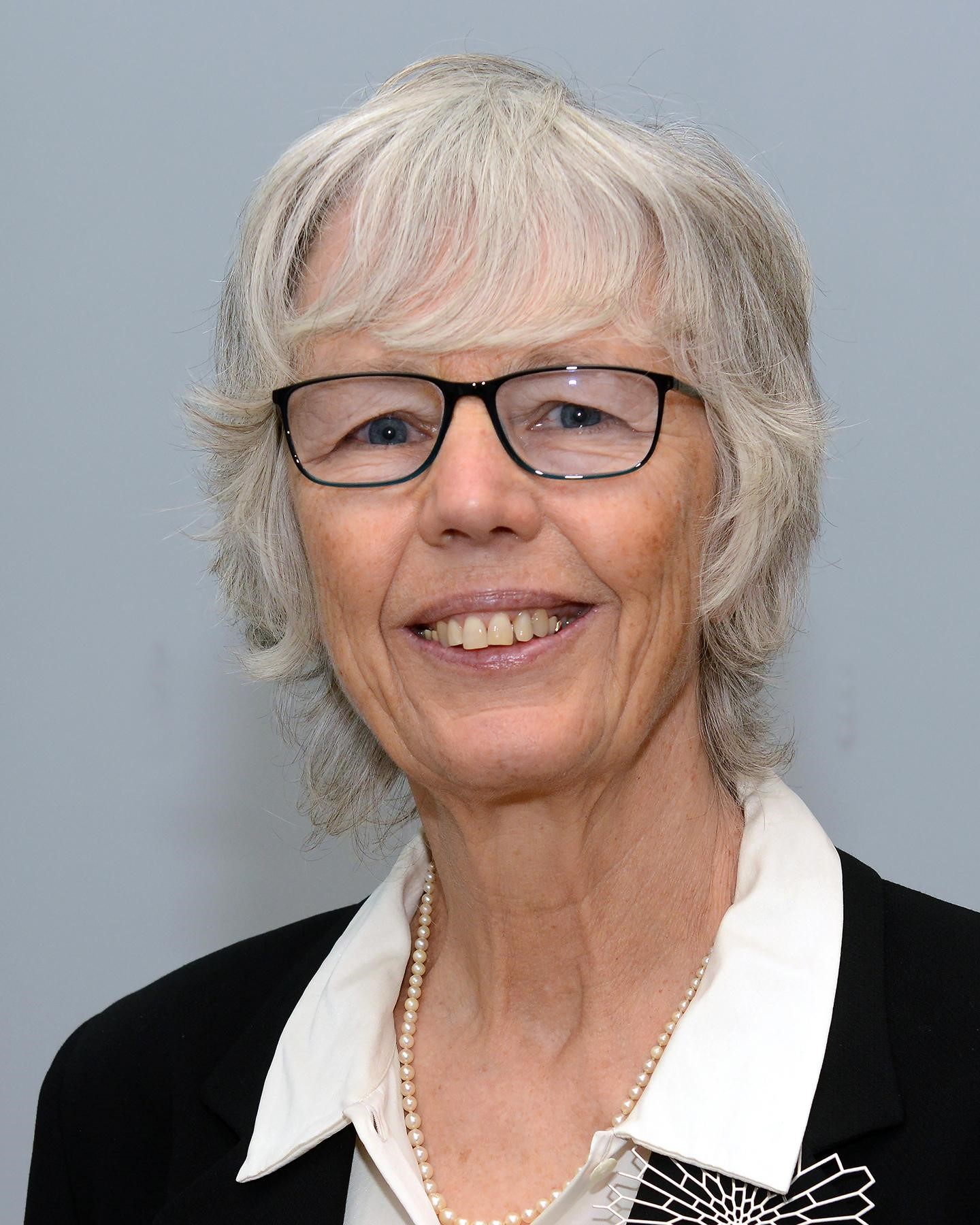Dr. Uta Passow

Dr. Uta Passow
Canada Research Chair Tier 1 in Biological Oceanographic Processes | Ocean Sciences
Canada Research Chair Tier 1 in Biological Oceanographic Processes | Ocean Sciences
Bachelors: in Biology & Chemistry, University Freiburg, Germany
Masters: Biological Oceanography, University Kiel, Germany
Doctoral: Biological Oceanography, University Kiel, Germany
Post-doc: Marine Science Institute, University of California Santa Barbara, CA, USA
Research Lab: AEON Laboratory
T: (709) 864-8010 |
E: uta.passow@mun.ca |